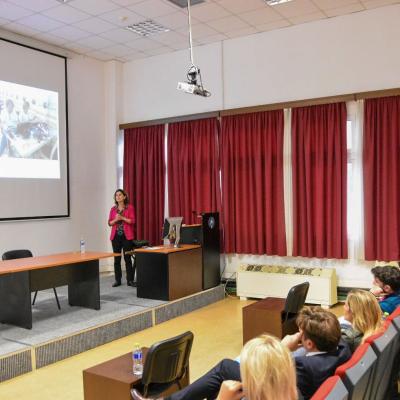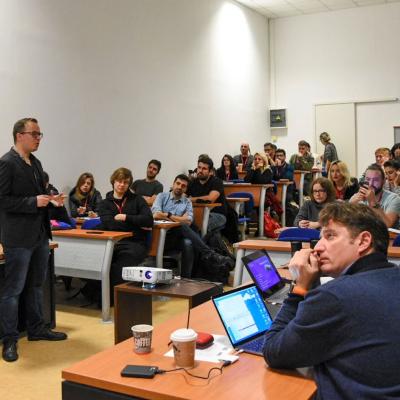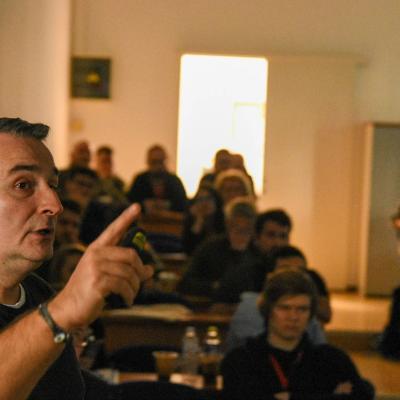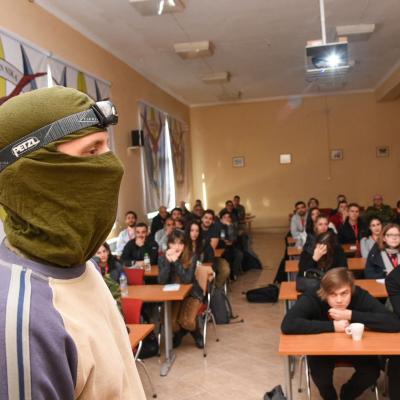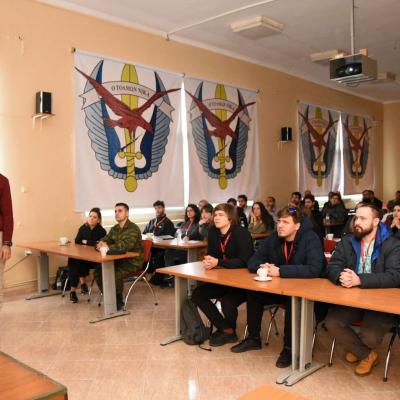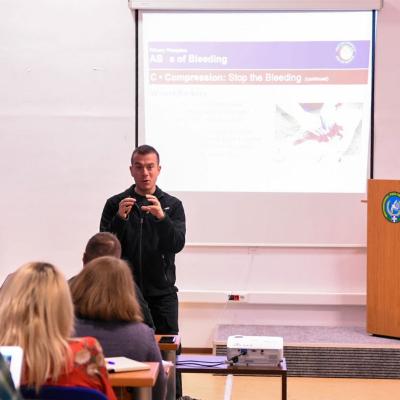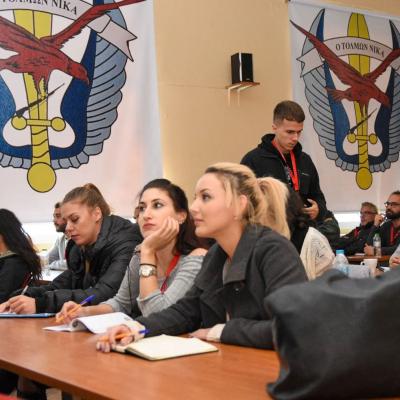A number of issues will be presented to the participants, including:
- Introduction to the environment
- Challenges & evolutions in reporting war and crises
- Law of armed conflict
- Field safety
- Dealing with fixers
- Hostile Environment Awareness training (HEAT)
- Data security
- Health, epidemics and stress management
- Administrative paperwork basics
- Dealing with trauma
As a first step, the curriculum includes an introduction to the environment, where participants will be introduced in cultural awareness, Reporting about war and conflicts, verification techniques, etc. peace and security and the law of armed conflict, including Rules of Engagement and Prisoners of War.
As a second step, they will be introduced into more advanced issues of Field and safety, in the role of fixers, and they will learn how to deal with checkpoints, how to negotiate, how to behave in a hostage situation. They will also learn about transportation safety, UXO – IED, minefields actions – recognizing minefields – signs, etc. Another important issue they will be informed about is body armor – inventory – equipment, what sources could they use and how to approach hostile subjects, etc.
Data security is another important issue upon which participants will be trained. As information gains an increasingly significant role, new reporters should be updated on the latest connectivity and data security issues.
Being on the field comes not only with direct threats from the conflict itself. There are other issues the reporter should care about. Field medical care, stress management, hygiene, and environmental health are some of them while dealing with stress in such a situation is vital.
During the course, participants will also be informed on admin basics, regarding credentials they should carry with them at all times in order to be prepared and avoid unnecessary trouble, in an already difficult situation.
Finally, they will have the opportunity to be part of a major forum, where they will share experiences with experts and listen to their true stories, while on the same time they will participate in a training organized by a network of prestigious international partners from all over the world, in an adequate environment that will challenge their choice to become war correspondents.
As a second step, they will be introduced into more advanced issues of Field and safety, in the role of fixers, and they will learn how to deal with checkpoints, how to negotiate, how to behave in a hostage situation. They will also learn about transportation safety, UXO – IED, minefields actions – recognizing minefields – signs, etc. Another important issue they will be informed about is body armor – inventory – equipment, what sources could they use and how to approach hostile subjects, etc.
Data security is another important issue upon which participants will be trained. As information gains an increasingly significant role, new reporters should be updated on the latest connectivity and data security issues.
Being on the field comes not only with direct threats from the conflict itself. There are other issues the reporter should care about. Field medical care, stress management, hygiene, and environmental health are some of them while dealing with stress in such a situation is vital.
During the course, participants will also be informed on admin basics, regarding credentials they should carry with them at all times in order to be prepared and avoid unnecessary trouble, in an already difficult situation.
Finally, they will have the opportunity to be part of a major forum, where they will share experiences with experts and listen to their true stories, while on the same time they will participate in a training organized by a network of prestigious international partners from all over the world, in an adequate environment that will challenge their choice to become war correspondents.




